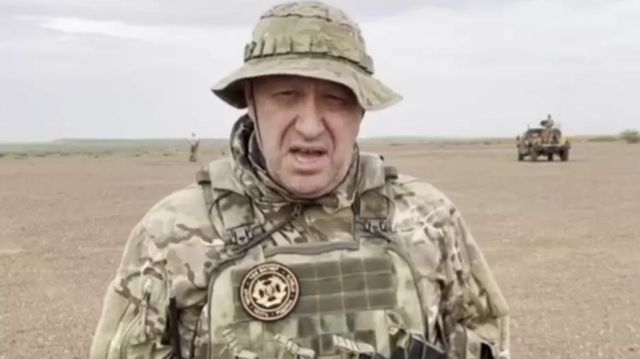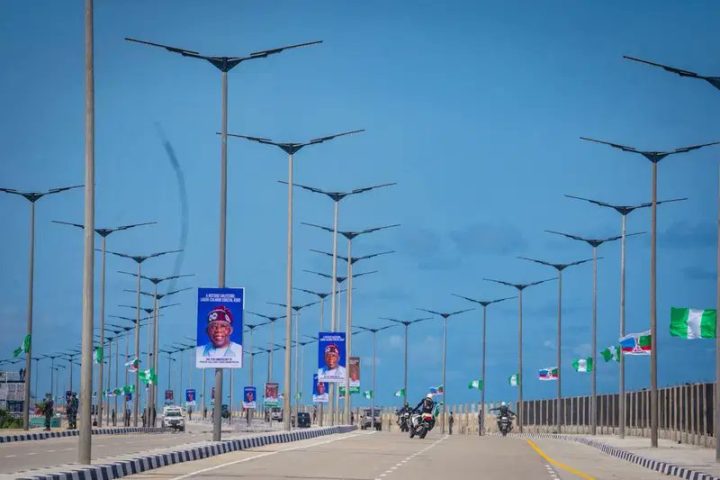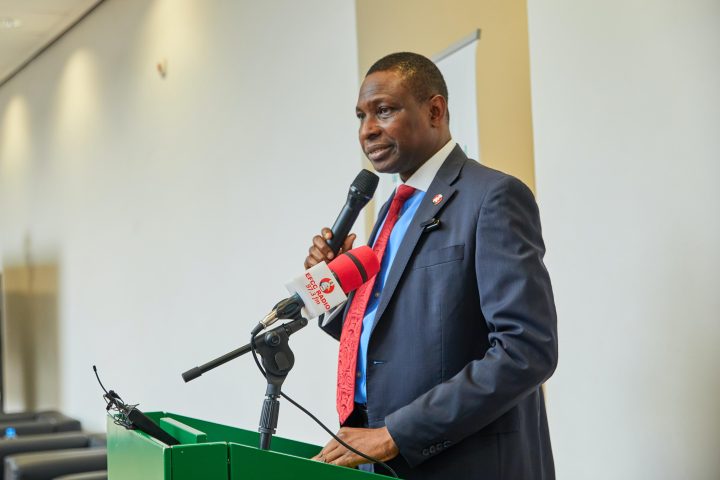Yevgeny Prigozhin, the head of Wagner, has died in a plane crash in Russia, the BBC reports. Nine other people on board the plane also died, according to the report. It remains to be confirmed if the Wagner chief had actually boarded the flight.
The recent crash of a private jet near Moscow has ignited an international discourse centering around the presence of Yevgeny Prigozhin, the enigmatic figure at the helm of the infamous private military organisation Wagner, among other passengers. The tragic incident claimed the lives of all 10 individuals on board, as confirmed by Russian authorities.
Join our WhatsApp ChannelHowever, the circumstances surrounding Prigozhin’s purported involvement in the flight remain unknown. Despite the Russian Ministry for Emergency Situations listing him as a passenger, definitive evidence confirming his actual boarding is still pending verification.
READ ALSO: Russia’s First Moon Mission In Over 4 Decades Fails
Prigozhin’s prominence escalated following Wagner’s audacious rebellion earlier this year, presenting a significant challenge to the long-standing authority of Russian President Vladimir Putin. The reported demise of Prigozhin, if substantiated, could potentially herald far-reaching consequences for the intricate political landscape of Russia.
The global response to the crash and the potential fate of Prigozhin showcase a medley of suspicions, conjectures, and underlying political dynamics that mirror the intricate workings of the Russian power structure.
United States
President Joe Biden responded cautiously, refraining from making concrete claims while implying a deep-seated understanding of the situation. commenting on the tragic incident, Biden’s said: “There’s not much that happens in Russia that Putin’s not behind,” apparently underscoring a widely held belief in Putin’s pervasive influence over significant events within the nation.
“I don’t know for a fact what happened, but I’m not surprised,” Biden said, adding, “There’s not much that happens in Russia that Putin’s not behind. But I don’t know enough to know the answer.”
Ukraine
Mykhaylo Podolyak, a presidential aide, interpreted the crash as a clear message from the Kremlin aimed at prospective dissidents. He posited that Prigozhin’s alleged removal, following Wagner’s audacious coup attempt, serves as a stern admonition to Russia’s elite circles, hinting at severe repercussions for any disloyalty, especially in the run-up to the critical 2024 elections.
“The demonstrative elimination of Prigozhin and the Wagner command two months after the coup attempt is a signal from Putin to Russia’s elites ahead of the 2024 elections. ‘Beware! Disloyalty equals death’”, Podolyak wrote.
Estonia
Prime Minister Kaja Kallas in an interview with CNN articulated a sense of trepidation, indicating that Putin’s readiness to “eliminate opponents” creates an atmosphere of fear for individuals expressing dissenting viewpoints. Kallas’s remarks reflect broader concerns about the shrinking space for political pluralism within the Russian context.
“Eliminate opponents and that scares anyone who is thinking of expressing an opinion different than his.”
Poland
Zbigniew Rau, Poland’s Foreign Minister, on state news channel TVP Info insinuated that those who pose political threats to Putin’s authority rarely meet natural ends. His assertion that these incidents are hardly coincidental underscores the perception that political opposition to Putin often faces calculated and orchestrated outcomes.
“We would have great trouble naming anyone who would intuitively think this was a coincidence. It so happens that political opponents whom Vladimir Putin considers a threat to his power do not die naturally.”
Emmanuel Ochayi is a journalist. He is a graduate of the University of Lagos, School of first choice and the nations pride. Emmanuel is keen on exploring writing angles in different areas, including Business, climate change, politics, Education, and others.

















Follow Us